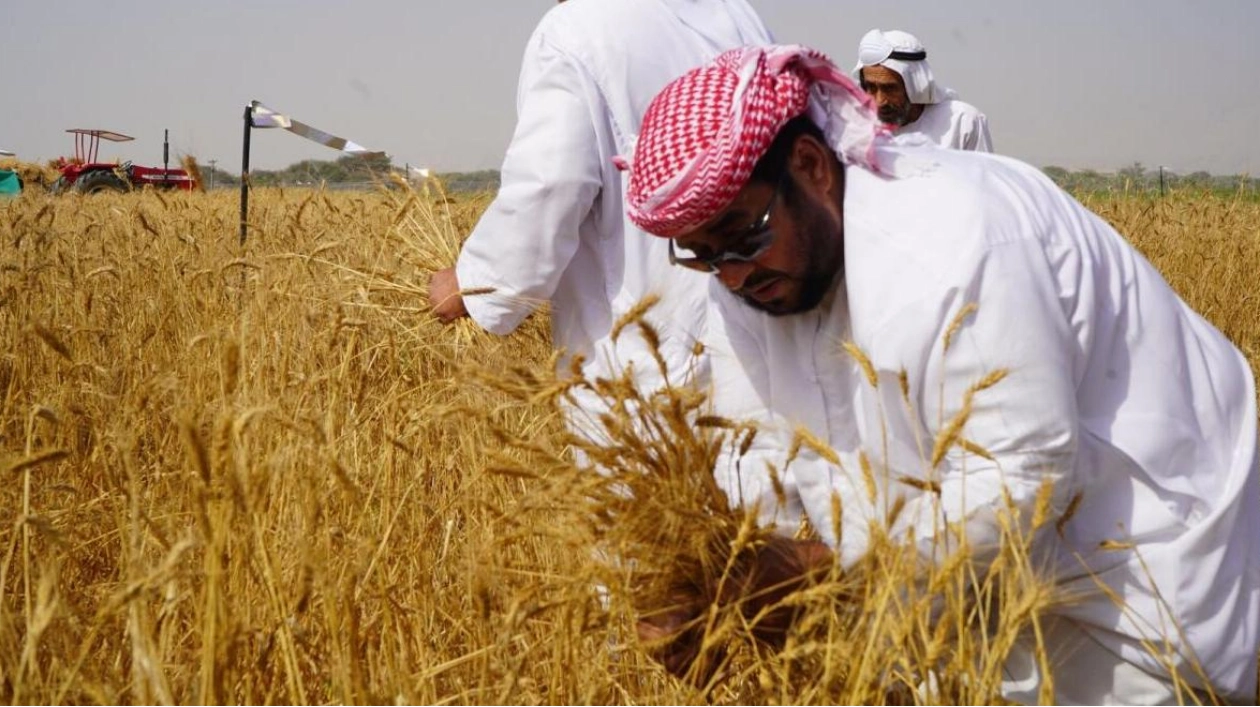Climate change presents numerous challenges for the global farming community, which relies on consistent weather patterns for their livelihoods. Events such as flooding, droughts, storms, and heatwaves are among the climate-related issues that the agricultural sector must address. At COP28 and in subsequent months, the UAE managed to secure the signatures of 159 nations on its Declaration on Sustainable Agriculture, Resilient Food Systems, and Climate Action. These nations collectively represent 530 million farmers. The Declaration signifies a global shift towards adopting sustainable farming practices. By signing, countries have pledged to enhance their adaptation and resilience efforts, thereby reducing the vulnerability of our food systems and farmers to the effects of climate change.
Disruptions in farming practices directly impact food security. Economist Impact’s 11th Global Food Security Index (2022) reports a third consecutive year of decline in the global food environment. The UAE aims to rank among the best in the Global Food Security Index by 2051. Through our National Food Security Strategy, we are creating a robust system that supports sustainable food production. One of our strategies involves boosting local production. By adopting sustainable farming practices and fostering innovation in agriculture, we can safeguard local food sources and ensure a stable future for our farmers.
The UAE Declaration emphasizes that measures to promote sustainable practices must focus on conserving, protecting, and restoring nature. It is crucial to balance environmental healing with creating opportunities for those at the core of the sector in the UAE. Sustainable practices in agriculture are essential for long-term support of our farmers. Our Food Security Strategy aims to increase agricultural productivity and production without harming farmers or our delicate ecosystems. The UAE Cabinet’s National System for Sustainable Agriculture is geared towards enhancing farm efficiency, increasing food self-sufficiency, and generating new economic opportunities for the sector.
Projects like Food Tech Valley are expected to contribute significantly to achieving these goals. Through its Innovation and R&D center, and Food Production Zone, new farming methods can be developed and scaled before being implemented nationwide. Similarly, the National Farms Sustainability Initiative aims to boost UAE farmer incomes, secure purchase agreements for domestic production, and establish a sustainable market for farms by securing contracts with government agencies. The initiative’s first deal in 2023 involved supplying food and agricultural products from national farms to major public sector institutions in the UAE.
Investing in agri-tech solutions is crucial for enhancing economic resilience by reducing farming costs and increasing efficiency. Our Agriculture 4.0 initiative aims to modernize traditional farms and optimize production through technology. Additionally, our Aim for Climate program, in collaboration with the United States, includes 51 innovation sprints designed to accelerate food and agricultural systems innovation to improve efficiency. One notable innovation sprint is Reverte: Restoring Productivity to Degraded Cropland and Pastures, which aims to restore 1 million hectares of degraded pastureland by 2030, directly impacting farmers’ income.
I am encouraged by the inclusion of sustainable agriculture as an adaptation measure in the COP28 Outcome of the First Global Stocktake document. This high-profile recognition, along with the COP28 legacy and the UAE’s pro-climate, pro-growth strategy, is having a significant impact across the nation. In 2023, Emirates Development Bank launched the UAE's first-of-its-kind AgriTech Loans Programme, designed to support farms, local growers, and food suppliers in their adaptation and modernization efforts. Consumers are increasingly adopting more ethical purchasing habits. By responding to this demand and making local produce more diverse and accessible, we can open new markets for farmers.
I believe that by seizing opportunities to build a more sustainable agricultural sector, we can mitigate the risks of climate-related weather events, enhance farmers’ financial stability, and secure a prosperous future for our smallholders.






